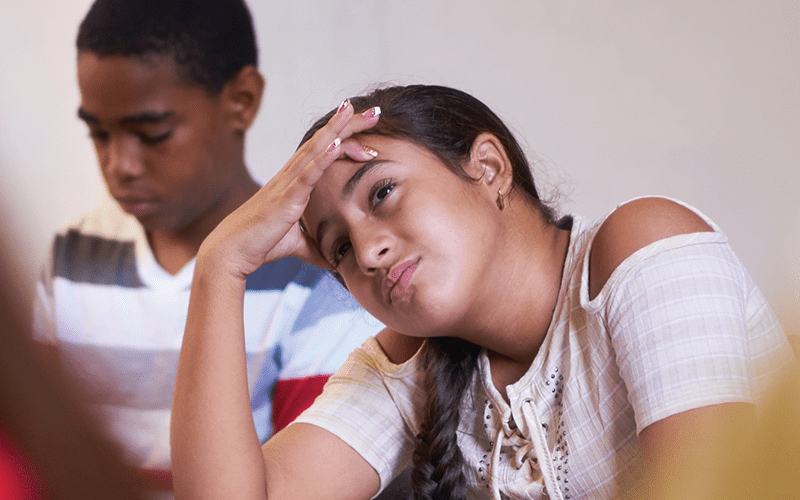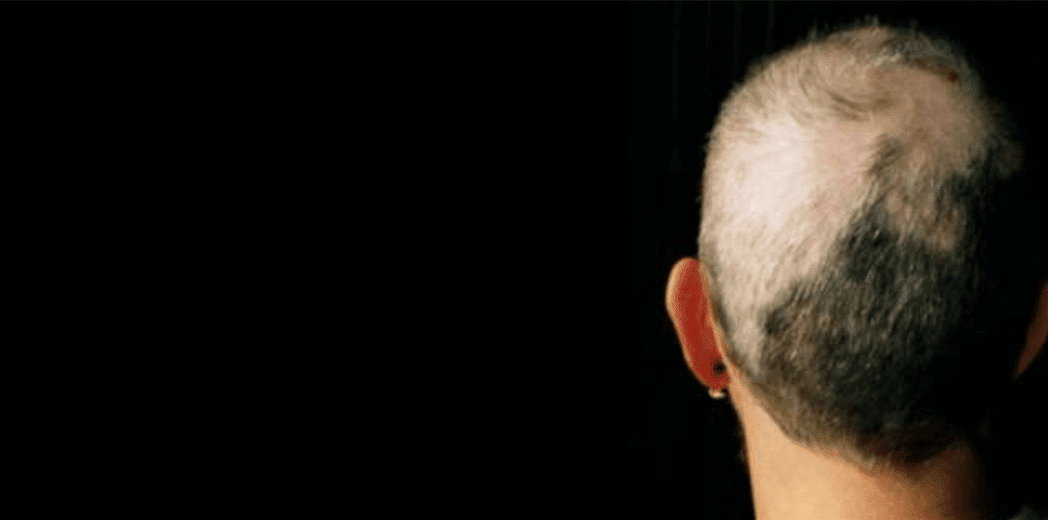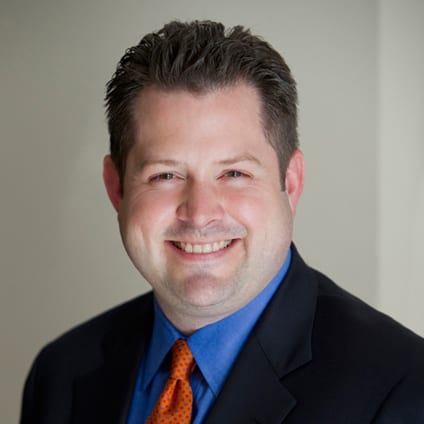Care Newsletter
Care and Support Updates
Updates on the latest clinical offerings from our centers in New York City and the San Francisco Bay Area.
January 31, 2024

FOR CAREGIVERS
Helping Kids with Social Anxiety
Young people who struggle with social anxiety experience intense discomfort in social settings. To ease their anxiety, they often begin avoiding social situations, which unfortunately makes their anxiety worse. While individual treatment teaches children and adolescents strategies for how to tolerate social situations without avoiding them, there is growing evidence that practicing and refining these skills is more effective when done in group formats.

FOR EDUCATORS
A Teacher's Guide to Selective Mutism
Sometimes anxiety is easy to identify — like when a child is feeling nervous before a test at school. Other times anxiety in the classroom can look like something else entirely — an upset stomach, disruptive or angry behavior, ADHD, or even a learning disorder. There are many different kinds of anxiety, which is one of the reasons it can be hard to detect in the classroom. What they all have in common is that they tend to make school hard for anxious kids.

FOR CLINICIANS
Treatment for Tourette’s, Tic, and Trichotillomania
Tourette’s, Tic, Trichotillomania, and related disorders can significantly impact the lives of children and adolescents. These conditions are characterized by persistent unwanted behaviors and sensations that can cause distress and interfere with daily functioning. At the Child Mind Institute, our treatment is based on evidence-based therapies and gold-standard approaches, empowering individuals to regain control over these conditions and enhance their overall quality of life.h.

CLINICIAN SPOTLIGHT
Kathryn L. Keough, PhD is a psychologist in the Anxiety Disorders Center at the Child Mind Institute. Dr. Keough has a specialized interest in the evaluation and treatment of children and families managing anxiety, trauma, and obsessive-compulsive disorders. She has experience treating selective mutism, social anxiety, separation anxiety, generalized anxiety, phobias, post-traumatic stress disorder, and obsessive-compulsive disorder in children and adults.
Clinical Programs
The Child Mind Institute’s clinical programs provide evidence-based services targeting specific skills in a tailored environment.
Interested in More Content Like This?
Sign up to get weekly resources like this delivered to your inbox.

